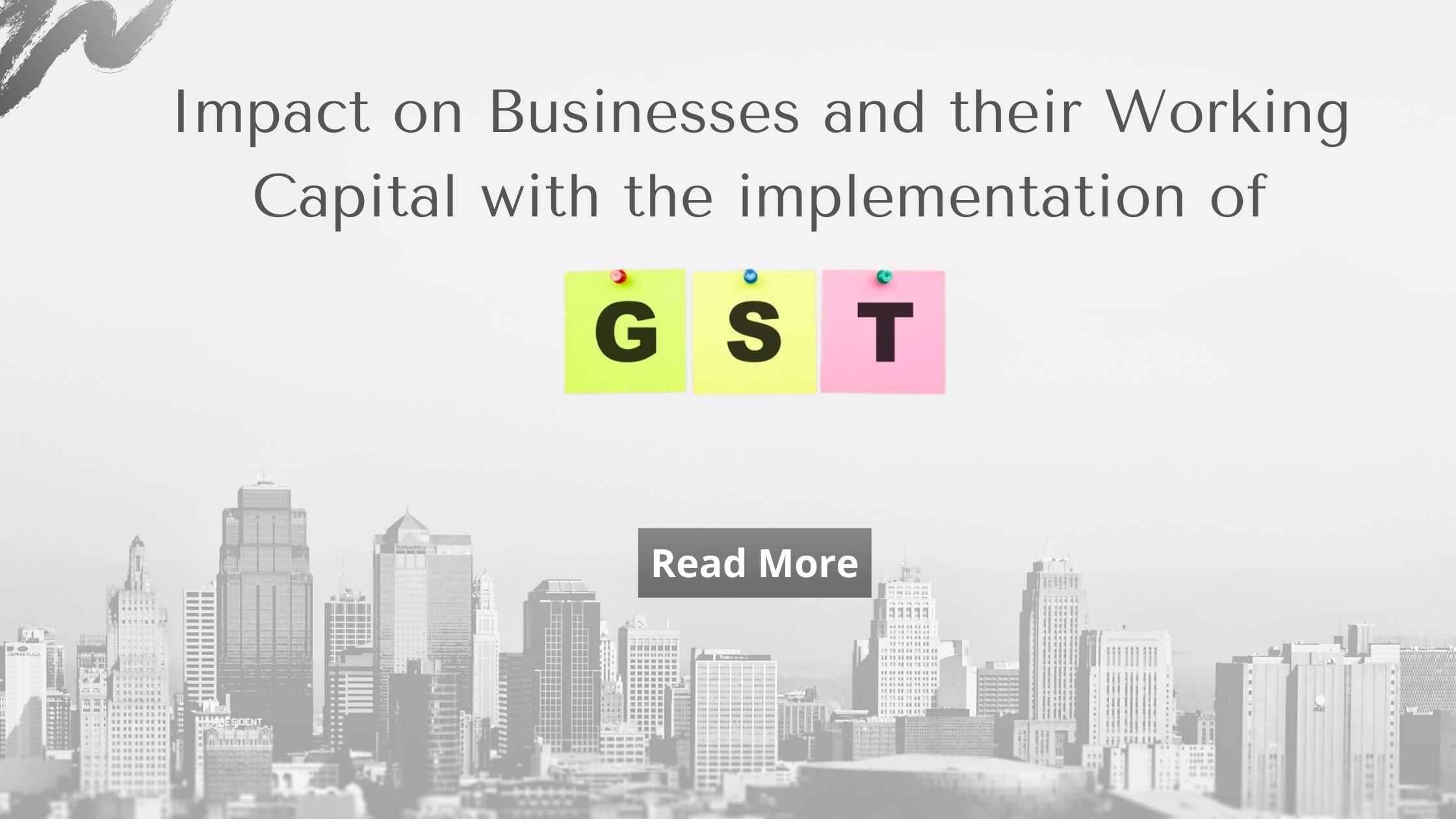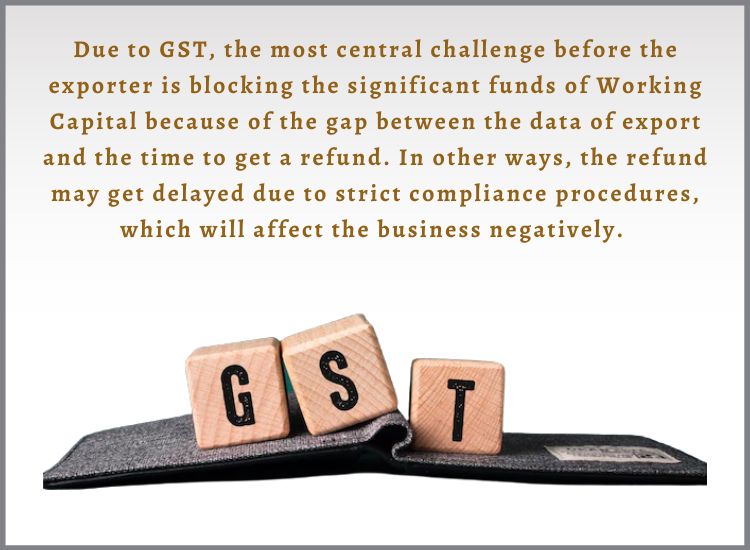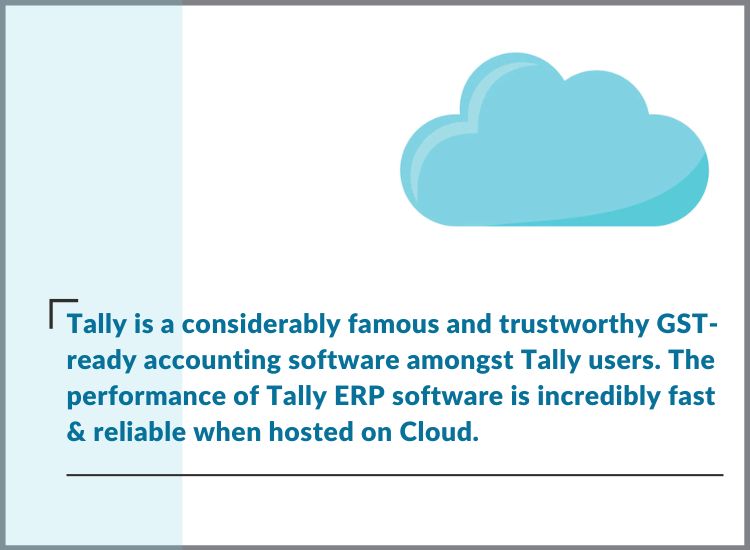
Impact on Businesses and their Working Capital with the implementation of GST
Tally GST Software
Before July 1, 2017, the businesses were very habitual to the tax system in India which was differently imposed with state and international transactions for goods and services separate. There were indirect and direct taxes classified for different transactions.
Though after the implementation of GST i.e. Goods and Services Tax, Indian taxation became resolved with complex tax systems dissolved. All the direct and indirect taxes imposed were now recognized under one name GST. The Indian government came with this & GST was implemented on 1 July 2017 with different rates on different goods and services based on their tax slabs.
Download Free 90+ Tally Shortcut Keys
The GST had the main impact on the functioning of the businesses and their working capital for their day-to-day operations. GST impact on business in the fields of regular trade, regular inventorial and other expenses, and other recurring expenses for services. GST in Tally Platform provide easy management of financial information of the financial year.
What is GST?
GST is known to be Goods and Services Tax, the most radical tax reform undertaken by the government. According to the new system, there is various GST taxes percentage.
Thus, GST implementation with Tally will easily maintain the day-to-day activities in the business. The GST work in Tally ERP 9is the standardized system in the business. Of course, working capital in Tally may quickly impact the liquidity in the business.
In various ways, GST impact on business including small scale and other industries of the working capital. Here, the underneath article comes to know about the impact of GST process in Tally on the business sector.

Positive impact of GST on Working Capital:
There are various impacts available in GST on the working capital and those are explained below.
• Impact of GST on Input Tax Credit or ITC:
Before GST, the input tax credits are available only on the inputs and will link to the taxable outputs. In case tax was paid for the business, then it will not be eligible for the credit.
After GST, the input tax credit has more scope, which will be used in the business. It can be availed of the input-related tax. The working capital will be positively impacted by the extent of the tax paid and also the burden on working capital.
• Impact of GST on Supply Chain:
As with previous tax methods, there may take more time in order to get the movement of goods and services. With the aid of the GST process in Tally, the movement of goods across the states is now simplified and cost-effective. In addition, it is not only for the cash flow but also for a margin.
• Impact of GST on Central Sales Tax or CST:
Before GST, the CST is applied to the interstate sale of goods, burdening the cash by cash outflow. After implementing the GST, the abolished Central Sales Tax reduced the cost and then brought a positive impact on cash flow and business margin.
• Nullifying cascading effects:
It is one of the key benefits of GST in order to remove the cascading tax effects. Thus, cascading effects while calculating VAT may not be a levy on the product and the Excise Duty. The main benefit is saving the cash flow by nullifying cascading effects, and then it will have a positive impact on the working capital.
• Impact of GST on Trade of goods:
As per the tax system before, many businesses were bound to create their warehouses in different states in order to eradicate extra taxes. Each state has a separate law and tax system which had to be complied with by the businesses.
This incurred the businesses to increase their total costs which ultimately affected the working capital of the businesses. With GST Tally implementation, the inter-state movement of goods has become a lot easier as the companies do not need to pay their entry taxes.
This would reduce the total costs of the companies as they would not require to establish warehouses in different states. This, in turn, would reduce the regular operating costs or the working capital which would benefit the companies to save money on their daily operations.
• Impact of GST on Inventory Management:
Thus, GST brings out the various changes in Inventory Management. Tally ERP 9 Inventory feature can be used in order to keep up multiple warehouses and then comply with the different tax laws & structures. It may put more loads on the business’s working capital. After the GST implementation, GST in Tally can leads to huge savings on working capital, and also, businesses need to maintain only a few warehouses.

Negative impact of GST on Working Capital:
The negative impact of GST on business is listed below:
• Impact of GST on Export:
The most central challenge before the exporter is blocking the significant funds of Working Capital because of the gap between the data of export and the time to get a refund. In other ways, the refund may get delayed due to strict compliance procedures, which will affect the business negatively.
• Impact of GST on Stock Transfer:
Before the GST era, the stock transfers are not eligible to tax under VAT. After the Post GST Era, the transfers are included under the GST. The negative impact is the input tax credit used upon stock being liquidated by the branch.
• Impact of GST on Non-Compliance:
Thus, the input tax credit level is based upon your supplies that comply with the taxation and financial norms. In addition, the purchaser will reverse input credit tax claims and then need to pay interest.
• Change in rates of operational expenses:
In the business’s day-to-day operations, recurring operating expenses also incur taxes. For example, if you are a producer who produces a specific product by procuring raw materials having a standard GST rate of 18% which ultimately increases the cost.
With different tax slabs, different rates of GST are imposed on raw materials and operational services or other outsourced services. This increase in current tax GST would ultimately increase the working capital of the business.
• Services with an increased price:
Even though GST has brought a simpler and more beneficial pathway for companies, it is not the same for every case. When it comes to services, it is 18% which will be charged in comparison to 15% which was charged before for the same.
Service-based businesses have to think wisely to adjust to this 3% increase in the tax rate to accommodate effective and profitable working capital. This has a major impact on the working capital of the businesses.
As with rapid growth in the services sector, the companies have to manage their working capital and have to comply with the existing rate of GST in order to survive.
• Impact of GST on Procurement of Raw Materials:
Before the implementation of GST, it has been widely believed to save all business. In the service industry, it needs to be taxed at 18% instead of 15%.
• Impact of GST on Tax Payment Timeline:
The feature of GST has moved out as a significant effect on the business’s working capital. The business and enabled to claim tax credit at the sale time. In input tax credit, the business needs to wait.

Conclusion:
Managing the working capital is a more crucial task that all business needs to take care of. It will be more helpful to improve the role of the business. Thus, GST has been a relatively new form with this new tax regime.
Thus, the business should be available for various benefits associated with the input tax credit on the business and not lose such credit. It will have an impact on Working Capital.
Tally is a considerably famous and trustworthy GST-ready accounting software amongst Tally users. The performance of GST in Tally ERP software is incredibly fast & reliable when hosted on Cloud. Businesses can benefit from Tally on Cloud & save many expenditure. For any Tally on Cloud service related query or Free Tally on Cloud demo contact Tallystack.in.
FAQ
What is the impact of GST on e-commerce resellers?
Of course, the government has specified the threshold limit for all businesses, and so the limitation applies to e-commerce sellers. Thus, all businesses carrying out e-commerce activity need to register.
In by new tax regime, the operators are required to lessen the percentage of the amount as the GST liability of the seller and then deposit it with the government.
What is the impact of GST on business loans?
With the beginning of GST, Business loans have evolved more costly. The implementation of GST has impacted all types of businesses.
What is the impact of GST on startups?
With the introduction of the GST and its effect, the easy-to-launch startup of the business and the procedure have been centralized. In addition, indirect taxes have been granted by the state and the central government that have been replaced in the tax code. It will reduce the startup cost.
